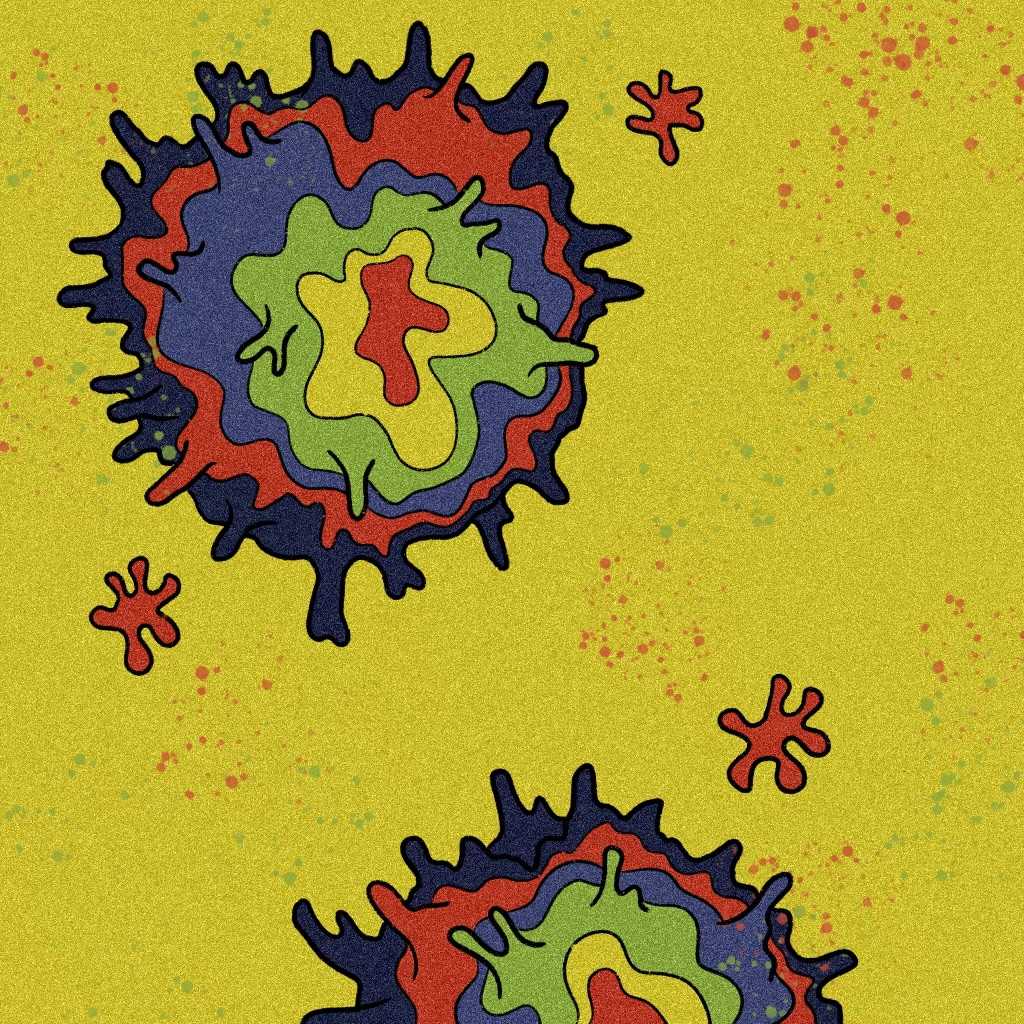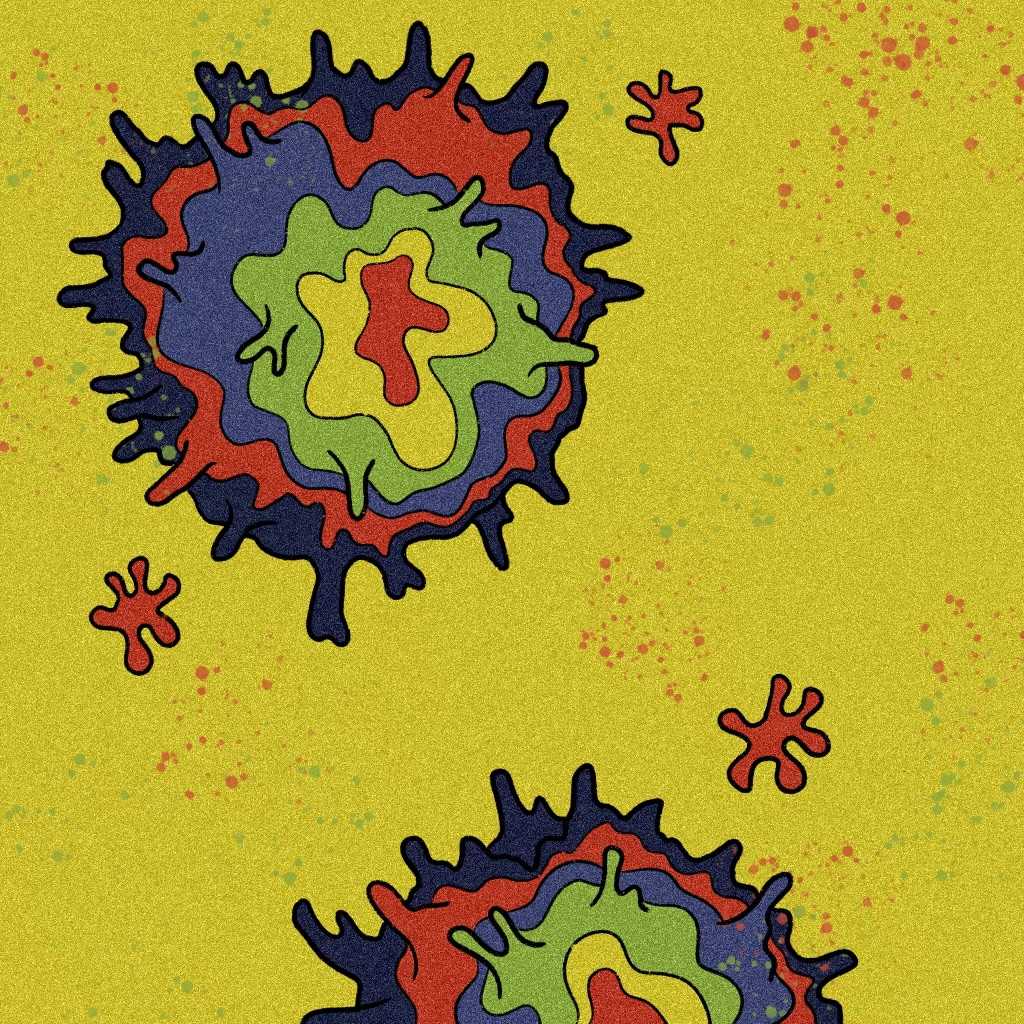
While COVID-19 isn’t going anywhere, it has faded out of the public eye. COVID-19, a once-daily issue on the minds of people worldwide, has faded out of relevance for most of the public. Cases seem to have reached a stable point, and COVID is spoken of in the same sentence as any other respiratory disease. As registered OHSU nurse Rachel Hazlett put it, “You’re not going to know if you had COVID, RSV, influenza A, [or] influenza B, it’s all going to be the same. It’s a respiratory virus: you should keep your germs to yourself, you should stay home if you’re coughing and not feeling well and let things run its course.”
According to the World Health Organization, COVID-related deaths in early September have sat at just 63, with new cases at 17,576, a stark contrast from the over 100,000 weekly deaths seen during January of 2021. These recent figures have remained steady since late February of 2023, with cases and deaths plateauing at the lowest seen since the initial outbreak in 2019. When asked whether a potential resurgence of COVID should worry the public, Hazlett simply said, “No.”
One of the biggest impacts COVID had on our society is how it affected the world’s hospitals. According to CNN, 80% of hospital beds nationwide were in use at the height of the pandemic. This called upon nurses to take on extreme risk. Hazlett, who works in the Doernbecher wing of OHSU, witnessed the effects of this firsthand: “[COVID] drove a mass exit from the nursing workforce.” All of a sudden, nurses with high levels of experience were driven out. “It has hurt the hospital in a big way, it drove out a lot of people that were close to retirement, which are the people with the longevity and the knowledge base that you can’t just get from a workforce coming in.”
Today, most COVID-related policies are gone, however, community members such as Abby Curley, a senior at Franklin, urge others to heed some of the lessons COVID taught them. “Be more conscious about health, wash hands a lot, don’t go to school when you’re sick,” she advised, with the conclusion, “I do not want to go back to [the pandemic lockdown].” Hazlett stresses the same message of personal hygiene, urging the public to be mindful about washing their hands, wearing a mask and staying home when sick, and respecting people’s personal choices surrounding mask usage. Hazlett also believes that the days of mandated COVID policies should be behind us: “I don’t think anything should specifically be a policy in place anymore. [For example,] social distancing, wearing masks, [and] that we have to be vaccinated— I think all those liberties should be left up to people to decide.” The CDC continues to recommend that individuals aged 5 and up receive the COVID-19 vaccine to reduce spread. In hospitals today, COVID screening isn’t done unless symptoms are shown, “just along with every other respiratory virus we would scan for,” said Hazlett. During the height of the pandemic, nurses across all wings received daily emails about the number of COVID cases at the hospital, but as Hazlett said, “that all stopped.” According to the Centers for Disease Control and Prevention’s COVID-19 data tracker, hospital admissions have risen 7.7% between Sept. 3 and Sept. 9 of 2023, while deaths have risen 4.5%. When asked if this data worried Hazlett, she expressed no concern. These numbers are marginal changes, and a potential explanation for these numbers stands out: “Everyone has been outside traveling, and now we are all back [to] school and back to work,” said Hazlett. In Hazlett’s eyes, it’s safe to say that, “for the most part things are back to day-to-day normalcy, whatever that really means.”


































